
Do not that to another, which thou wouldst not have done to thyself
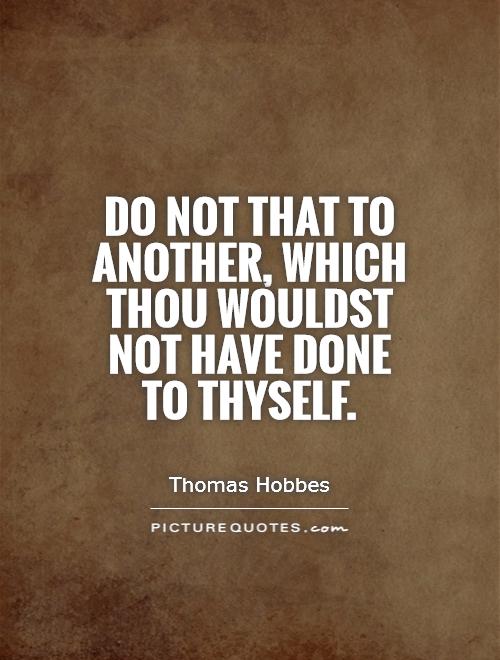
Do not that to another, which thou wouldst not have done to thyself
Thomas Hobbes, a prominent English philosopher of the 17th century, is best known for his work on political philosophy and his belief in the necessity of a strong central authority to maintain order in society. However, his views on ethics and morality are also worth exploring, particularly in relation to the golden rule: "Do not that to another, which thou wouldst not have done to thyself."Hobbes' philosophy is often associated with a pessimistic view of human nature, in which individuals are driven by self-interest and the pursuit of power. In his seminal work, Leviathan, he famously described the state of nature as a "war of all against all," in which life is "solitary, poor, nasty, brutish, and short." In such a state, Hobbes argued, individuals are motivated by a desire to protect themselves and their own interests, leading to a constant state of conflict and competition.
Given this view of human nature, it may seem paradoxical that Hobbes would advocate for a moral principle like the golden rule. After all, if individuals are inherently selfish and driven by self-interest, why should they be concerned with how their actions affect others? However, Hobbes' belief in the importance of social order and stability provides a possible explanation for his endorsement of the golden rule.
In Leviathan, Hobbes argued that the establishment of a strong central authority, or Leviathan, was necessary to prevent the chaos and violence that would result from individuals acting solely in their own self-interest. By creating a social contract and submitting to the authority of the sovereign, individuals could ensure their own safety and security, as well as the stability of society as a whole.
In this context, the golden rule can be seen as a practical guideline for maintaining social order and preventing conflict. If individuals were to follow the principle of "Do not that to another, which thou wouldst not have done to thyself," they would be less likely to engage in actions that could disrupt the social contract and lead to violence or disorder. By treating others with the same respect and consideration that they would want for themselves, individuals can contribute to the overall harmony and stability of society.
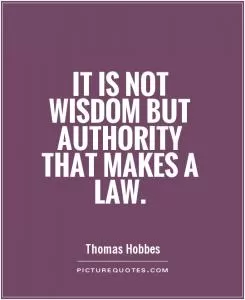
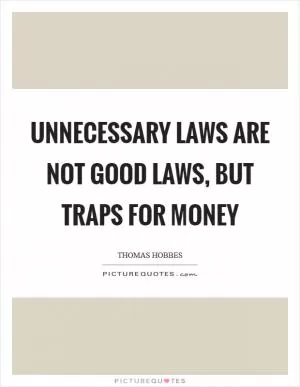
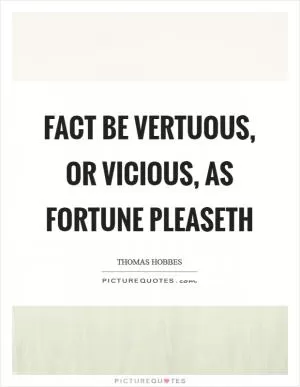
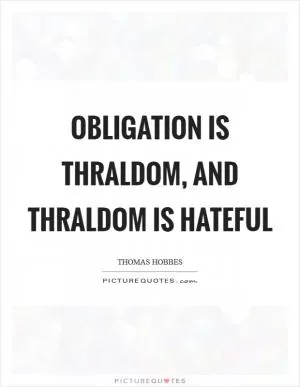
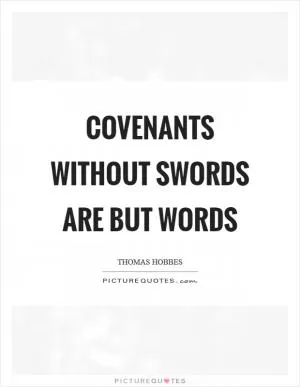
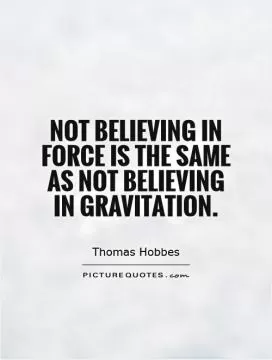
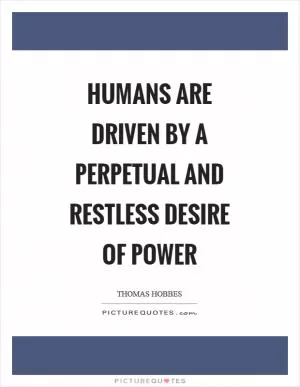

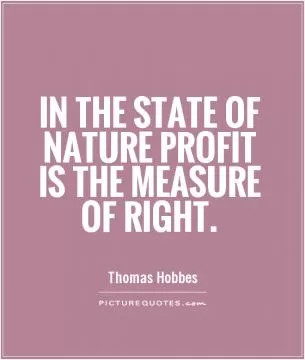
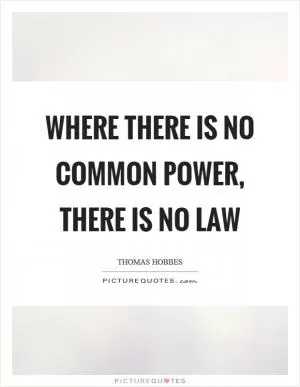
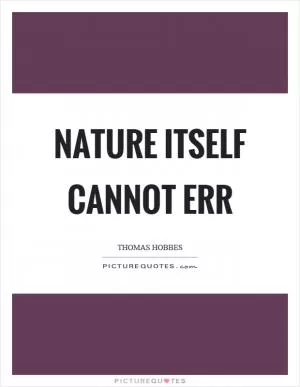
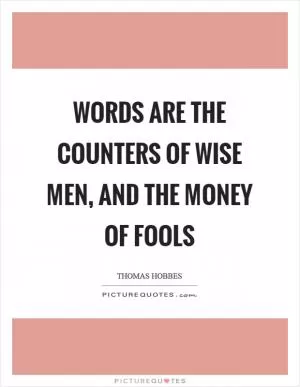
 Friendship Quotes
Friendship Quotes Love Quotes
Love Quotes Life Quotes
Life Quotes Funny Quotes
Funny Quotes Motivational Quotes
Motivational Quotes Inspirational Quotes
Inspirational Quotes